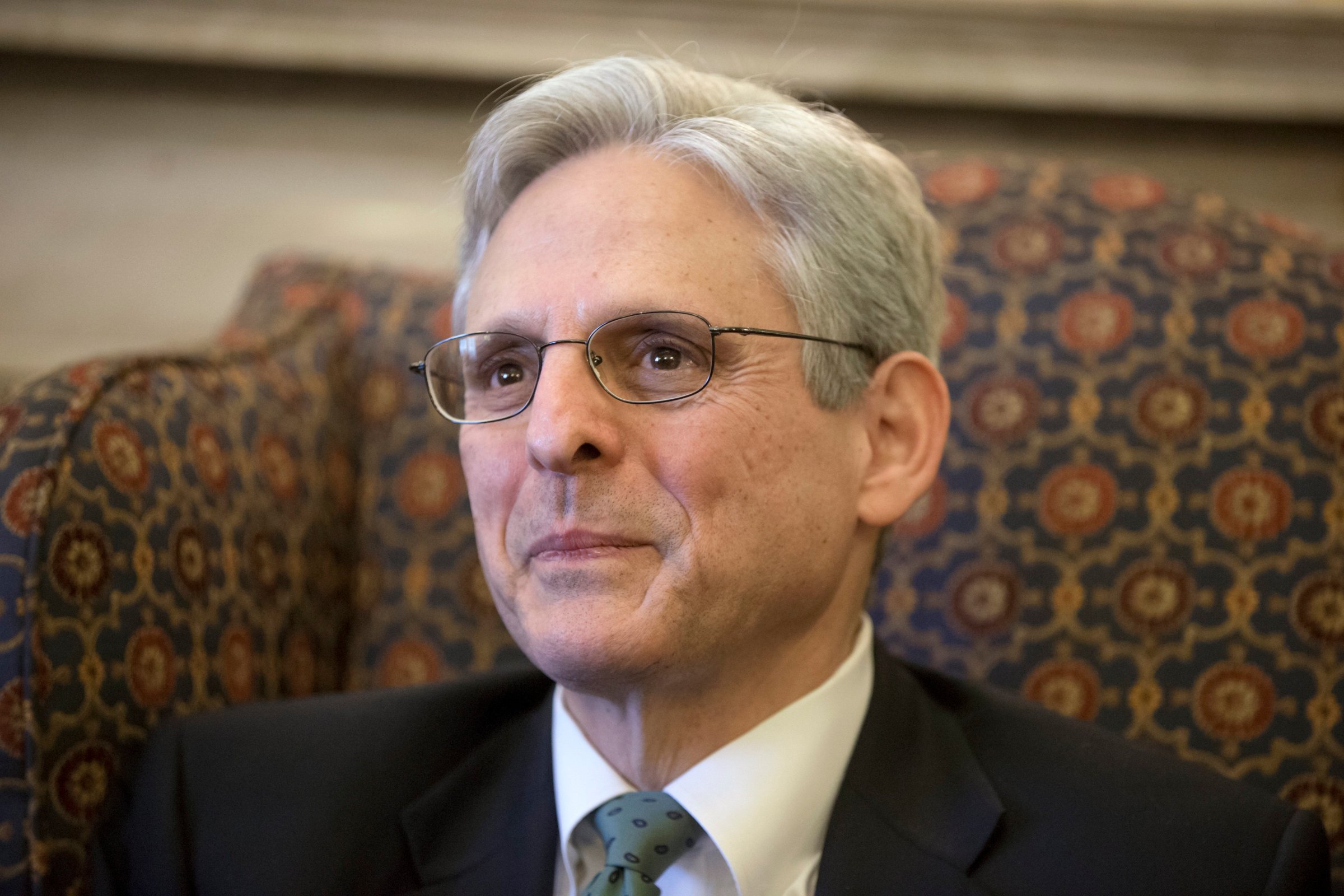
1. How would you characterize your judicial philosophy?
2. We heard about Chief Justice John Roberts’ view that judges are like umpires simply calling balls and strikes. What is your view of this analogy?
3. What principles of constitutional interpretation help you to begin your analysis of whether a particular statute infringes upon an individual right?
4. How should courts balance the executive branch’s expertise in national security matters with the judicial branch’s constitutional duty to prevent abuse of power?
5. Do you believe that the First Amendment rights, such as the right to freely exercise religion, the freedom of speech and the freedom of the press, are fundamental rights?
6. Do you believe that Justices should consider political dimensions of controversial cases?
7. What are your thoughts on the role of precedent in Supreme Court decisions?
8. How would you feel about allowing cameras in the Supreme Court?
9. On the D.C. Circuit, you are credited for your success in helping to bring judges together and finding common ground. How would you try to help achieve the same on the Supreme Court?
With the exception of the last one, these are questions that Republican and Democratic Senators have posed to Supreme Court nominees in the past decade, and they are all questions that should be asked of Judge Merrick Garland, President Barack Obama’s nominee for the Supreme Court. It’s our job as members of the Senate Judiciary Committee to ask them. It’s our job to ask these questions not only for ourselves, but on behalf of the American people.
There’s a reason we hold public confirmation hearings in the Senate. When a President puts forward a nominee for executive or judicial office—whether it’s an Ambassador or cabinet member or Supreme Court justice—the American people deserve to witness a full vetting of that nominee. They deserve to know—beyond politics and without doubt—that the nominee is qualified for the position.
I served on the Senate Judiciary Committee when we held three days of confirmation hearings for Justice Elena Kagan and four days for Justice Sonia Sotomayor. And while, in the end, my colleagues and I may have voted differently as to their confirmation, we shared the same respect for the process. We asked questions. We got answers. We voted.
For the last 100 years, the Senate has provided an open process for the consideration of Supreme Court nominees with hearings and a vote. In fact, since Judiciary Committee hearings began in 1916, every pending Supreme Court nominee has received a hearing, except for nine nominees, who were all confirmed within 11 days. The longest time period between nomination and Senate confirmation of any of the sitting Justices was 99 days. Even in that length of time we should be able to question and vote on Judge Garland well before the Fourth of July, a fitting deadline for those who wish to celebrate and carry forward the spirit of the founding fathers and the founding documents of our democracy.
As the always-to-the-point Independent Senator Angus King of Maine recently mused about some of our colleagues’ refusals to even meet with the Judge: “I don’t understand what people are worried about if they have meetings or hearings. Are they afraid they’ll like him?”
Yes, that may be part of it. But perhaps what our Republican colleagues are most afraid of is that an open hearing will allow the American people to see this well respected judge and independent thinker as someone who knows his stuff and deserves a seat on the Court. Will his answers be just too sensible to counter, too smart to criticize, too good to resist? There’s only one way to find out.
More Must-Reads from TIME
- Where Trump 2.0 Will Differ From 1.0
- How Elon Musk Became a Kingmaker
- The Power—And Limits—of Peer Support
- The 100 Must-Read Books of 2024
- Column: If Optimism Feels Ridiculous Now, Try Hope
- The Future of Climate Action Is Trade Policy
- FX’s Say Nothing Is the Must-Watch Political Thriller of 2024
- Merle Bombardieri Is Helping People Make the Baby Decision
Contact us at letters@time.com